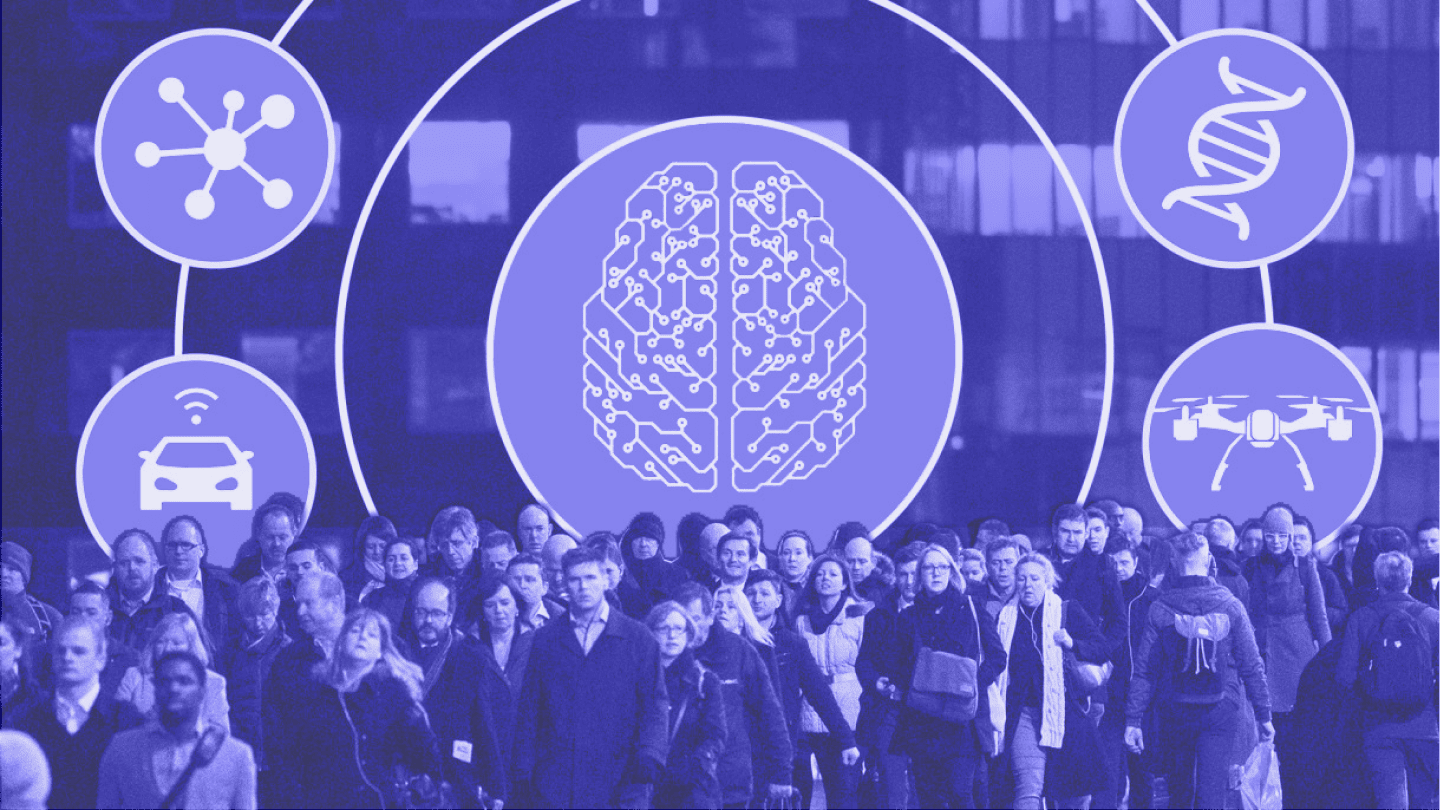We bet this is by no means the first article on the topic of what is more important, hard skills or soft skills, - and by no means the last one.
Hard Skills vs Soft Skills: What is More Important and Why
Nevertheless, the topic is very important, both for beginners and for those who have been working in IT and other fields for years.
We will tell you what is important specifically for us when choosing a future employee.
First things first
- hard skills - professional skills
The specialist's theoretical and practical skills, field-specific experience and technical knowledge.
- soft skills - personality traits
Responsibility, dedication, positive attitude and other properties of a person's character that are needed when working.
Connections
We can write a lot about how professional qualities and personality traits are related, but it's much easier to ask a question:
Does a person achieve experience and knowledge with the help of his character, or does it come naturally over time?
The boundaries between life and work

People wear masks. It is a fact. An individual can be one person at work and another at home. Smiling in public, Stephanie from the PR department is deeply unhappy in her personal space and eats ice cream and donuts at night out of longing and loneliness.
Tom, Stephanie's boss, is a tough leader and allows himself to yell at his subordinates. He seems to take his anger out on them. But as soon as he comes home, he becomes affectionate and fluffy.
Seeming and being are two different stories
You shouldn’t seem to be somebody else, you should be yourself. Those people who do not have radical differences in their behavior between personal life and work time are the best employees you can find.
So what is more important and why?

Option 1
An employee has done the entire core of the project. This person is a guru here and knows how everything works. Now they can manipulate and demand everything they need, it's hard to fire them, because what if they leave? Who will be able to support this project? What will happen to the business?
The colleagues cannot talk to them, they feel like dirt under their nails. The managers, among other things, cannot control this "specialist". Sound familiar?
Option 2
An employee takes on difficult tasks and brings them to the end. They are not afraid to ask questions and consult with colleagues, they are ready to help with advice and help newcomers. Their goals are clear, they openly say, "I want to be a lead programmer and I will do my best to achieve this."
Yes, the setting is different, but what is more important is that the people are different. What will happen to each of them in the future? How will each of them affect the business and its success?
It matters
The personal qualities of a person and a team are important. A successful business is 99% good employees, those who can be trusted and those who will not let you down. The future of the business depends on them, often more than on directors and CEOs.
Workers decide everything
How can you find such people?

Just talk to people and understand your criteria.
It is not so difficult to find people, it is more difficult to support them and to provide them with opportunities to develop. This is the job of HR and the lead. At the first stage, HR finds out the goals of the employee, the task of the lead is to motivate, encourage and set goals. This is what support and guidance consist of.
Treat people with respect. Everyone has their own life and they invest time in your business, so if you do not respect and appreciate it, then you will not achieve success.
Our Criteria
Personal
- Responsibility
- Organization
- Sincerity and directness
- Humanity
- Respect for others
- Focus on results and learning
- Self-criticism
Professional
The conscious choice of a professional field is the most important thing in work.
Upbringing
- You can't force a person to be who you need
- You can find the necessary qualities and help develop them.
- You and only you educate your employees
- The process goes from top to bottom
- Encouragement and communication are more valuable than money
- If a person does not want to do something, then you cannot force them
Have you noticed that two things are repeated?
If a person wants to develop, you just need to help them.
People
Everyone is unique, the motivation of people can be completely different. As a manager, your job is to understand and support the motivation of your employees.
Example
Mike is an aspiring programmer, he had a successful soft interview, but his technical skills are not sufficient. We talked to him and gave him a task for two weeks, gave him basic advice on how to do it. A week later, Mike wrote to us, he had problems, we phoned and gave advice. At the end of the term, Mike completed only a half. We looked at the task, we were satisfied with the quality and attention to detail, we paid for the time spent and hired him.
What played an important role
- Mike wrote to us about the problem, he gave us information and it's valuable.
- We phoned Mike and put in our time and effort. He took the advice and used it in his work.
Conclusion - Mike is suitable, we will improve his skills and he will be an excellent specialist. In a couple of years he will be able to conduct those interviews himself.
And what if not?
- We pay for the time spent
- We give feedback and say that he needs to improve his skills, we will appoint a trial review in a month
- If Mike had not identified the problems and had not listened to the advice of programmers, we would not have taken him.
Listening and learning + organization are key factors for making a decision in this case.
Main question
What for?
The main question which the candidate must answer is why they want to do this. Without understanding themselves they will not achieve anything.
We perfectly understand that there are very many people like that, but everyone is fighting for them. Knowing how to see them and guide them will bear fruit.





















